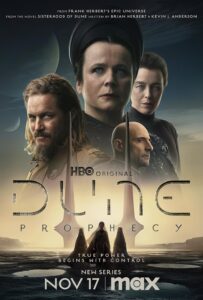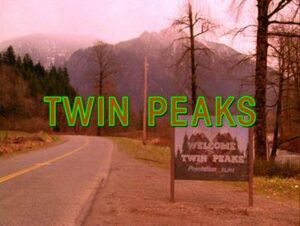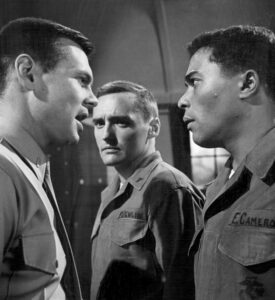2022 saw the release of Matt Reeves’ interpretation of the classic DC Comics character Batman. Taking a more film noir approach the movie emphasized Batman as a detective over the character as a martial artist. The movie also introduced us the Colin Ferrell as Oswald Cobb, The Penguin. Reimagined as a lower class criminal hungry to make a name for himself and now HBO/Max has released a limited series focusing on the character.
The series opens just weeks after the events of The Batman, the underworld is in chaos following the downfall of its leading mafia bosses, the poorest areas of Gotham are devastated by disaster, and corruption remains king in the city and its administration. Oz, (Colin Farrell) doesn’t so much seize the opportunity created by the chaos as his hand is forced due to his impulsive nature and fragile pride. Scrambling to stay ahead of vicious gangsters including Sofia Falcone (Cristin Miliot) recently released from Arkham Asylum, and the consequences of his own poorly thought-out actions Oz has only on his side a naive street kid, Victor (Rhenzy Feliz), left homeless by disaster and Oz’s own mother slowly succumbing to a terrible wasting neurological disease.
Where The Batman lived with the constraints of an MPAA PG-13 rating, The Penguin thrives as a gritty R-rating equivalent, awash with language and violence that is only tolerated by the rarest of comic book movies. The series is part organized crime thriller with only a single shot to drive home that this is the home of Batman and deep character study of a people trapped and formed by their tragic histories.
The past weekend Colin Farrel took home a Golden Globe for his performance in The Penguin. Farrell is utterly transformed not only by the magical make-up effects that hold up even under insanely tight close-ups but by Farrell’s own fantastic performance. His voice, his accent, his physicality all belong to a man named Oswald Cobb (yest that changed it from Cobbelpot.) and it’s a powerful and moving depiction of a man that can charm and lie and always has his own best interests at heart.
Cristin Milioti, a performed I was unfamiliar with before this series, is another stand out talent in a cast packed with talent. With the subtlest facial expressions she informs the audience that this character’s mental health is always in question and the danger she presents is never far from the surface.
The Penguin is an outstanding series that twists and turns as it walks the viewer into the hell that is Gotham’s underworld where hope has long since died.








